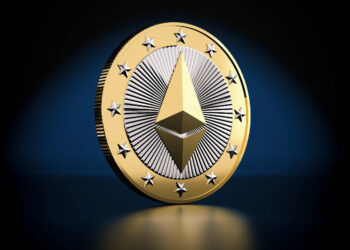On October 12, Tom Dunleavy, a senior research analyst at Messari, claimed on Twitter that Avalanche was outperformed by Rollup networks, Ethereum Layer-2s, Arbitrum, and Optimism, in number of daily transactions. These quick changes may be related to the most recent significant Ethereum update, The Merge.
Optimism and Arbitrum now have more daily transactions than Avalanche
h/t @dantwany pic.twitter.com/v3nBvrG4KF
— Tom Dunleavy (@dunleavy89) October 12, 2022
The Ethereum network completed its transition to the PoS model around one month ago and now the blockchain is energy-efficient. While Ethereum does belong to the unique class of eco-friendly technologies, there are still problems with the platform.
Since its inception, the network has demanded high gas fees due to high block space demand. Additionally, network transactions are slow to process in comparison to those of similar projects. Transaction sizes grow during peak activity periods on the cryptocurrency market, posing a challenge for the Ethereum network as fees also rise in tandem.
As a result, many cryptocurrency users have chosen rival blockchain platforms, including Avalanche (AVAX), which are blazingly fast, inexpensive, and equally eco-friendly. Of note, Avalanche can process 4,500 TPS in contrast to Ethereum, which can only process 14 TPS even at optimum conditions. The gas costs for Avalanche are significantly less than those of Ethereum; trending in cents.
However, following the merge, with intensive energy usage out of the way, Arbitrum and Optimism, two Ethereum Layer-2s, started gaining traction. They now boast more transactions on their platform than on Avalanche according to stats.
Since scalability has been a challenge, the Ethereum platform has never been able to reach its full potential. The platform’s adoption is in jeopardy if it can’t process a lot of transactions quickly. Arbitrum and Optimism serve as solutions to Ethereum’s scaling issues. They allow the ecosystem to accept additional users without modifying its primary functionality or compromising security.
By combining numerous Ethereum transactions into one, via bundling or Rollups, and presenting it to the Ethereum mainnet, they get around the the mainnet’s poor transaction processing pace and fluctuating, often exorbitant Gas fees.
Although the Merge and Ethereum’s remarkable security may be reasons for transaction processing speed changes on Arbitrum and Optimism, Avalanche still boasts impressive functionality that can quickly turn the tide.










